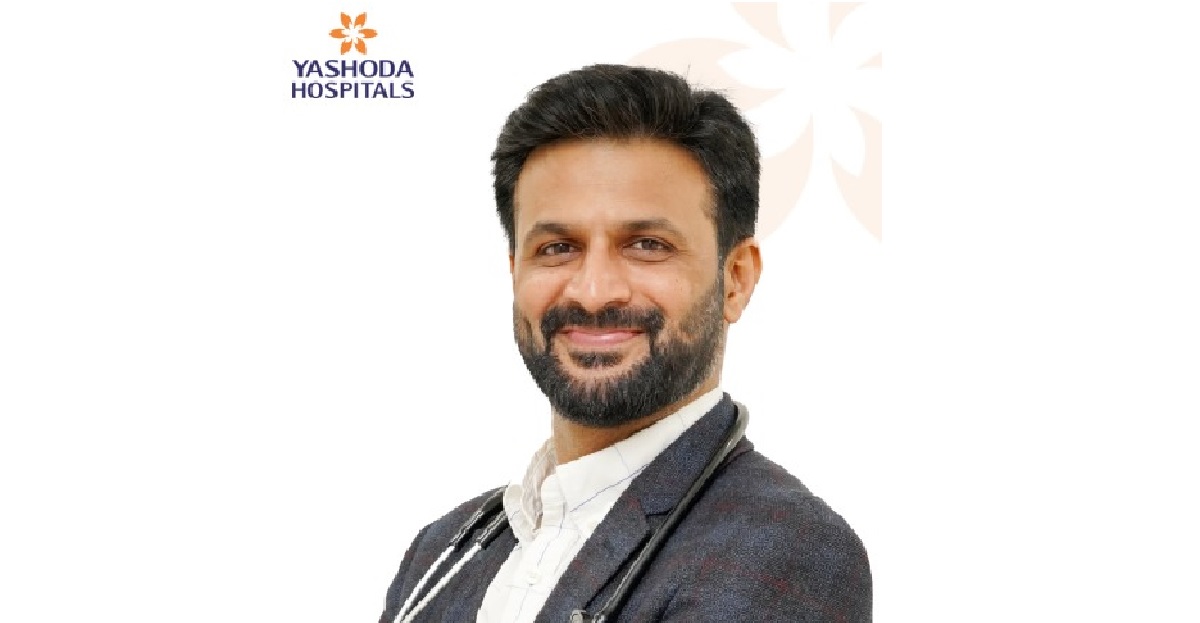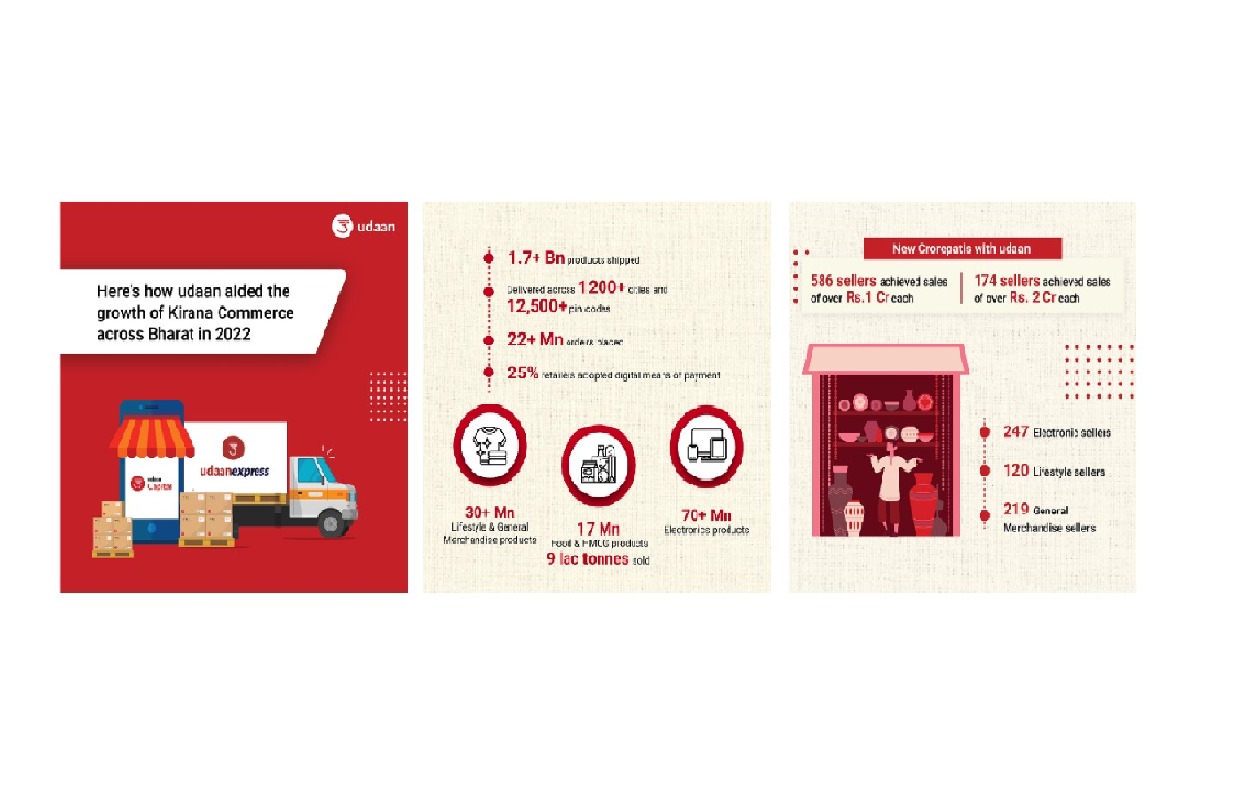Dr. Naveen Polavarapu, Sr. Consultant Medical Gastroenterologist, Liver Specialist & Lead Advanced Endoscopic Interventions & Training Lead Clinical Director,Hyderabad said, Liver function and digestive health are intimately related, and both are greatly impacted by food and lifestyle decisions. The immune system and nutrition absorption are supported by maintaining optimal digestive health, and fatty liver illnesses, including non-alcoholic fatty liver disease (NAFLD), can be prevented and treated with a healthy diet and lifestyle.
Lifestyle Factors Affecting Digestive Health – A balanced diet that supports a healthy gut microbiome—the billions of bacteria that reside in the intestines—is the first step toward digestive wellness. This microbial community’s composition and function are influenced by diet, stress, exercise, and hydration, all of which have an impact on inflammation, immunity, and digestion. A healthy microbiota and regular bowel movements are encouraged by eating a diet high in fiber from fruits, vegetables, and whole grains. On the other hand, consuming too many processed meals, high sugar, and low fiber can cause digestive problems like inflammation, bloating, and constipation. While proper hydration softens stools and promotes easy digestion, regular exercise also aids in digestion by increasing intestinal motility.
Dr. Naveen Polavarapu, explains Diet and Management of Fatty Liver Disease – Dietary patterns have a significant influence on fatty liver disease, especially NAFLD. Diets heavy in fructose, saturated fats, and trans fats, as well as excessive caloric intake, cause lipid buildup in the liver, which accelerates the onset of illness. On the other hand, following a Mediterranean-style diet, which emphasizes fruits, vegetables, whole grains, nuts, legumes, olive oil, lean proteins, and limits red meat and sugar, has been shown to help lower cardiovascular risk factors linked to fatty liver disease, improve insulin sensitivity, and reduce liver fat. Reversing fatty liver alterations requires weight loss by calorie restriction and a balanced macronutrient intake. Omega-3 fatty acids and polyunsaturated fats are protective nutrients, and fiber consumption promotes gut health and indirectly helps the liver by reducing inflammation and gut bacteria.To book an appointment, please call [08065906114 / 8065906179] or book online at –https://www.yashodahospitals.com/
The Axis of the Gut-Liver and Inflammation
By causing systemic inflammation and encouraging the accumulation of fat in the liver, disruption of the gut microbiota and intestinal inflammation can worsen liver disease. Fatty liver-related inflammation can be lessened and liver health preserved by adopting lifestyle modifications that lessen gastrointestinal inflammation, such as reducing stress, abstaining from excessive alcohol use, eating anti-inflammatory meals high in fruits and vegetables, and taking probiotics. Additionally, weight control improves liver outcomes and lowers inflammation in NAFLD patients. Doctor Visit this Month on 14th Oct,2025 to provide specialized consultations and care at our center in SILIGURI,WEST BENGAL. To book an appointment, please call [08065906114 / 8065906179] or book online at –https://www.yashodahospitals.com/
Useful Suggestions, Take into account these sensible choices for eating and living to promote digestive health and avoid or treat fatty liver diseases:
- Consume a diet rich in fruits, vegetables, whole grains, legumes, nuts, and fiber.
- Adopt a Mediterranean-style diet to cut back on unhealthy sugars and fats.
- Drink enough water to stay well hydrated.
- To improve digestion and aid in weight management, get regular exercise.
- Limit sugar, trans fats, processed foods, and too much red meat.
- To boost gut microbiota, include meals high in probiotics, such as yogurt and fermented vegetables.
- Limit or stay away from alcohol to preserve your liver.
- Reduce gut and systemic inflammation by managing stress and getting enough sleep.
In conclusion, the basis for optimum digestive functioning and a decreased risk or better management of fatty liver diseases is laid by a mix of attentive food choices and healthy lifestyle practices. Making steady, long-lasting adjustments to both liver and intestinal health at the same time might improve long-term wellbeing and lessen the problems brought on by these disorders –Dr. Naveen Polavarapu, Sr. Consultant Medical Gastroenterologist, Liver Specialist & Lead Advanced Endoscopic Interventions & Training Lead Clinical Director,Hyderabad.Doctor Visit this Month on 14th Oct,2025 to provide specialized consultations and care at our center in SILIGURI,WEST BENGAL. To book an appointment, please call [08065906114 / 8065906179] or book online at –https://www.yashodahospitals.com/




